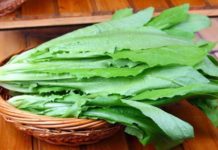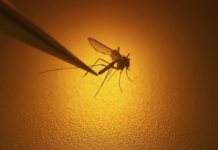Water chestnut, also known as elephant yam, is a type of aquatic tuber that grows in wet environments such as swamps, ponds, marshes, and paddy fields. This tuber is widely present in countries in Southeast Asia, continental Africa, Australia, and numerous islands in the Pacific and Indian Ocean regions.
The exterior of the water chestnut is covered by a brown, hard shell, while the inner flesh is white, crisp, and contains a lot of water, giving it a refreshing sweet taste. Water chestnuts can be eaten immediately after peeling or used as an ingredient in various cooking recipes such as stir-fries, desserts, cakes, or added to salads. Although water chestnuts are an essential part of Vietnamese cuisine, not everyone is aware of the health benefits they bring.
In traditional Asian medicine, water chestnuts are highly regarded for their multiple uses, such as detoxification, liver cooling, digestive system enhancement, hemostasis, alcohol detoxification, and diuretic effects. They are also used to treat heat-related illnesses such as mouth ulcers, diarrhea, and support the treatment of cardiovascular and diabetes-related diseases. These benefits have been studied and confirmed by modern medicine.
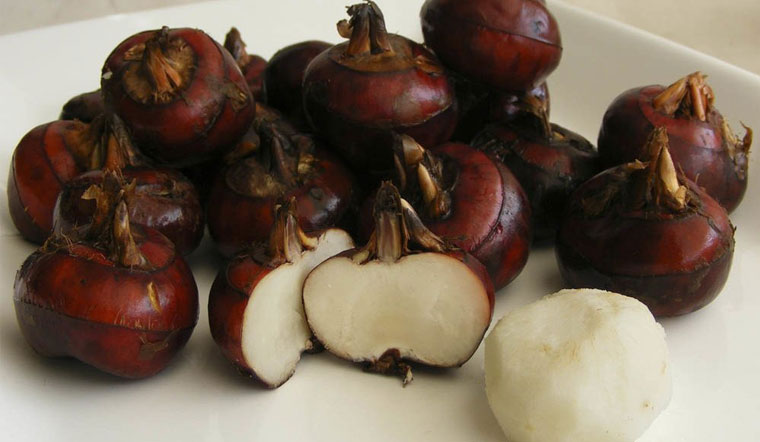
Water chestnuts are highly regarded for their multiple uses, such as detoxification, liver cooling
Blood sugar control, diabetes prevention
Water chestnuts are known as a non-starchy vegetable, low in calories, making them an excellent choice for diabetic patients monitoring their diet, according to the American Diabetes Association.
With an abundance of antioxidants, water chestnuts have the ability to minimize the risk of developing type 2 diabetes. Healthline points out that oxidative stress is one of the main factors causing type 2 diabetes, and consuming antioxidant-rich foods like water chestnuts can help prevent this issue.
In addition, based on research published by the National Library of Medicine, water chestnuts also contain a high amount of fiber, which is useful in regulating and maintaining stable blood sugar levels in the body.
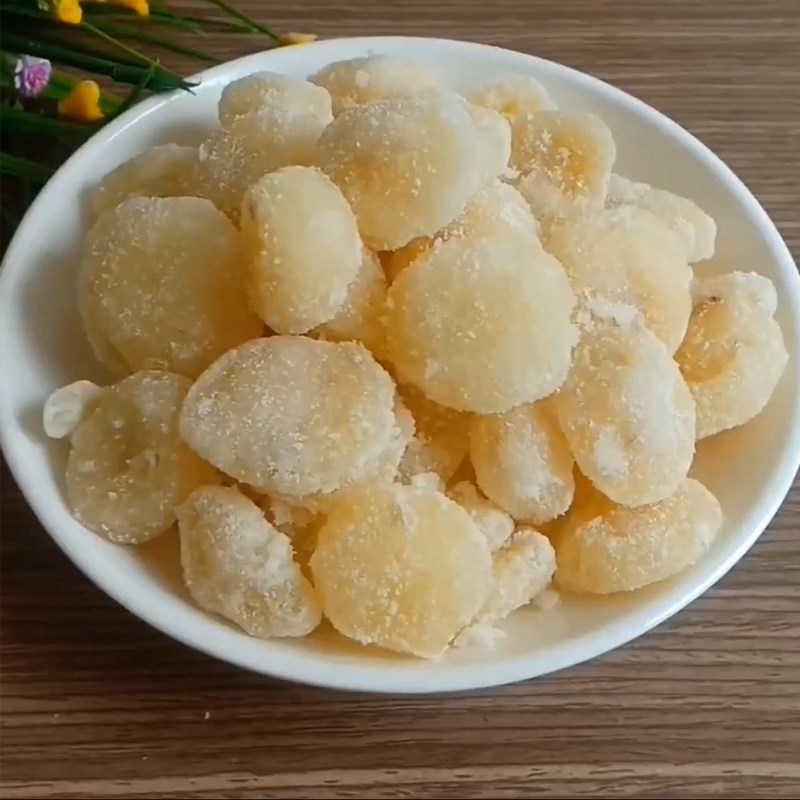
Water chestnuts are known as a non-starchy vegetable
Weight loss support
Water chestnuts are low-calorie foods, with only 50 calories in half a cup of sliced chestnuts. Despite being low in calories, water chestnuts still provide abundant nutrients such as fiber, potassium, manganese, copper, vitamin B6, and riboflavin.
Water chestnuts are also very rich in water, accounting for 74% of their weight, making you feel full for longer without gaining weight. It is a perfect choice for those who are maintaining a low-calorie diet but still want to supplement necessary nutrients for their bodies.
Blood pressure reduction and heart disease risk
Heart disease is recognized by the CDC as a leading cause of death worldwide, with high blood pressure, increased cholesterol levels, and stroke being contributing factors.
Studies have shown that a potassium-rich diet can help reduce this risk, especially reducing blood pressure and preventing strokes. Water chestnuts, with their high potassium content, emerge as a beneficial natural food source. Incorporating water chestnuts into regular meals can help control blood pressure and reduce the risk of heart disease.
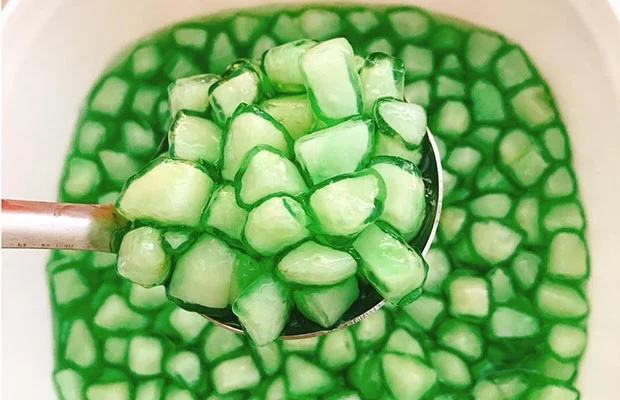
Water chestnuts, with their high potassium content, emerge as a beneficial natural food source
Improving digestive health
In every half cup of water chestnuts, you will receive about 1.9g of fiber, contributing to 7% of the recommended daily fiber intake. According to recommendations from Mayo Clinic, men under 50 years old need about 38g and women need 25g of fiber daily. Men over 51 years old need about 30g, while women of the same age need about 21g. Fiber has important benefits in stimulating intestinal peristalsis and supporting the growth of beneficial bacteria in the intestines to avoid constipation.
Notes when using water chestnuts
Water chestnuts are safe and non-toxic. However, due to the cool nature of water chestnuts, they may not be suitable for people with cold constitutions or those who have conditions such as cold hands and feet, and are prone to catching colds. For diabetic patients, it is advisable to prioritize consuming natural water chestnuts without adding sweeteners to control blood glucose levels.











